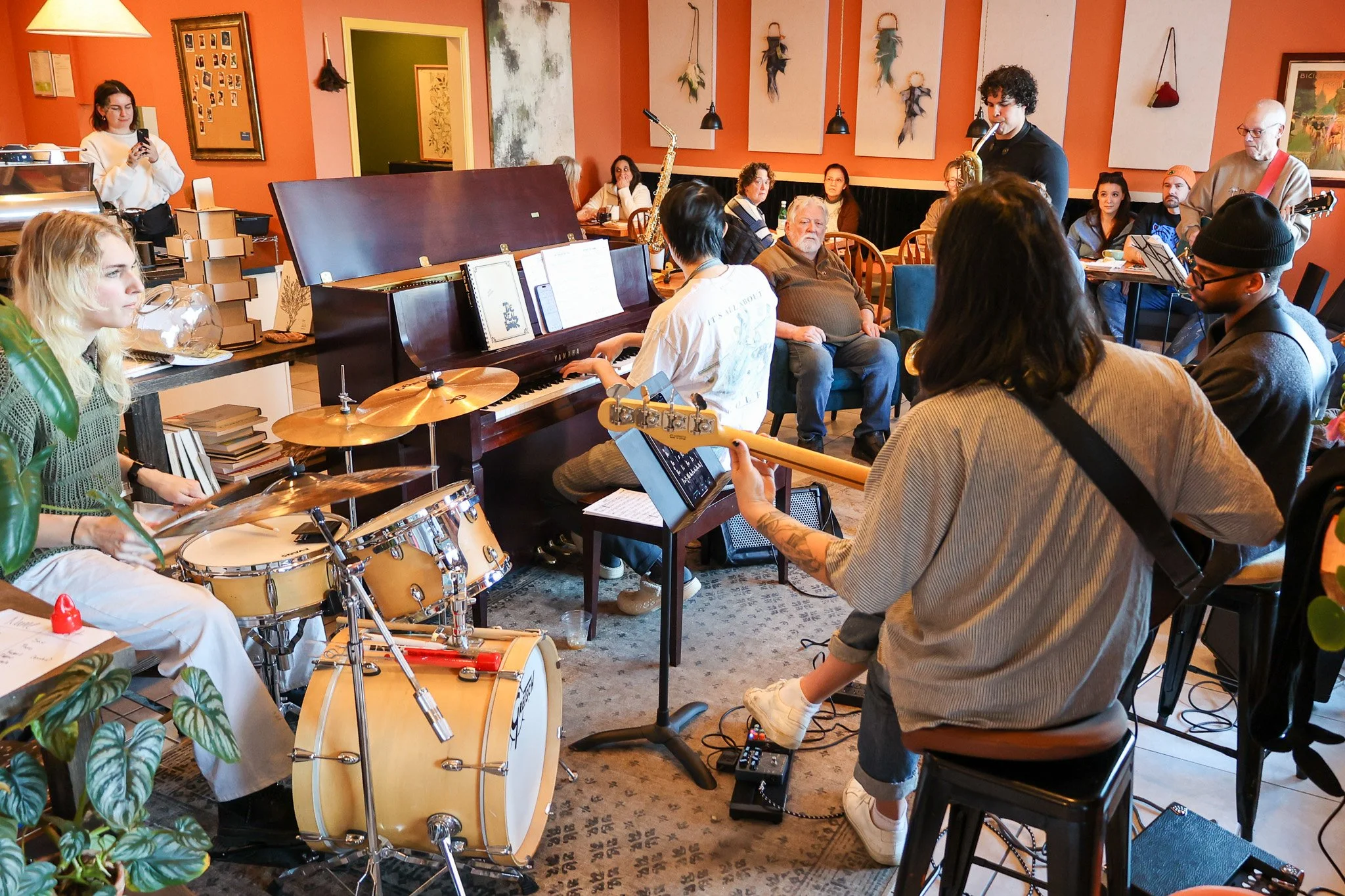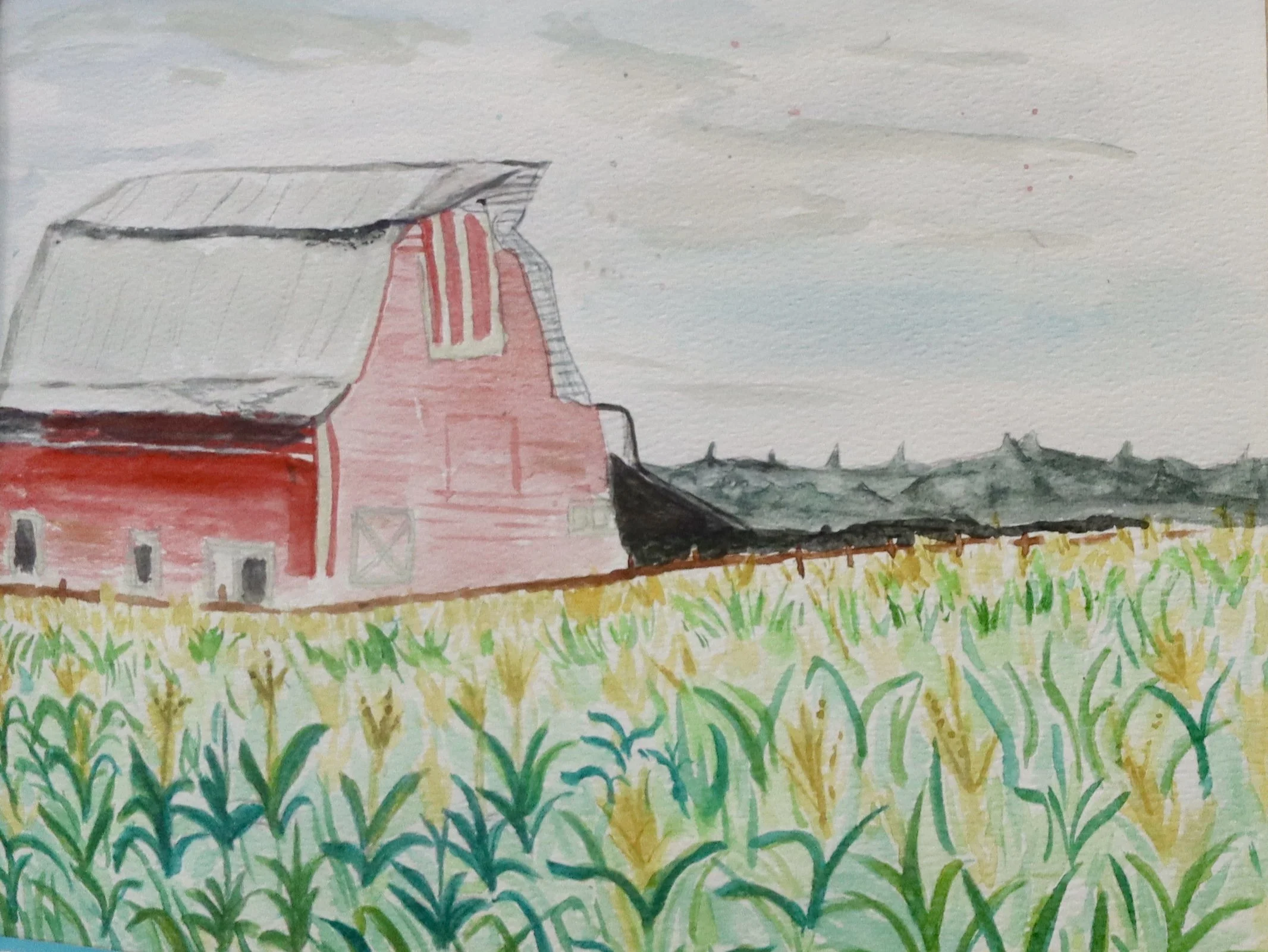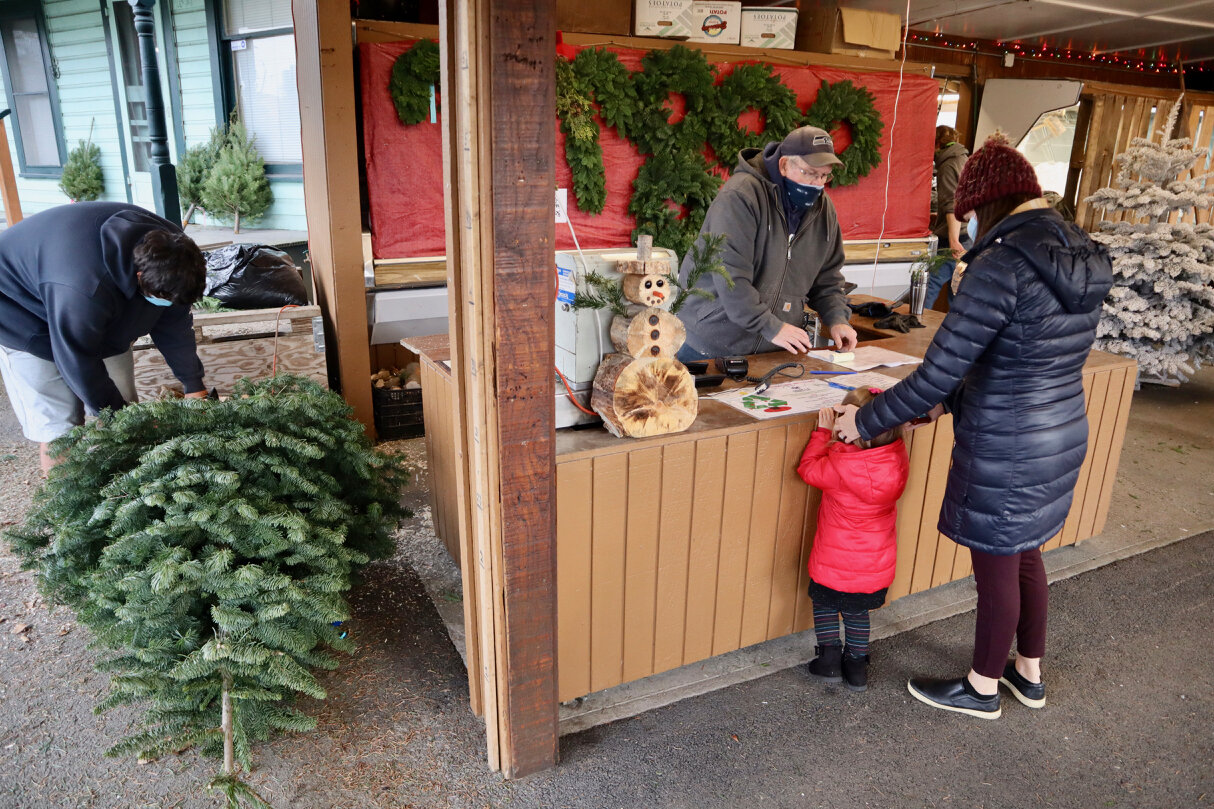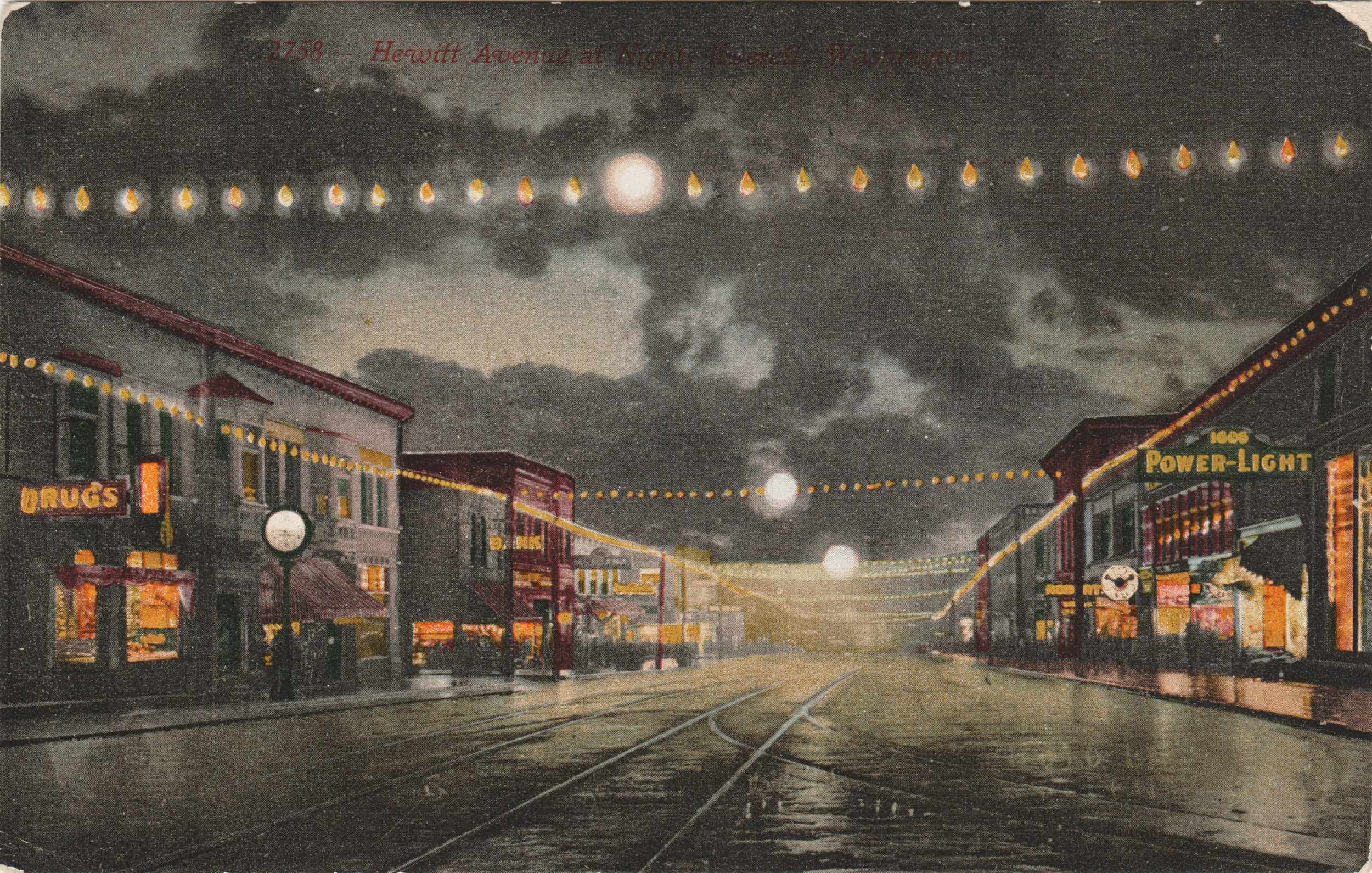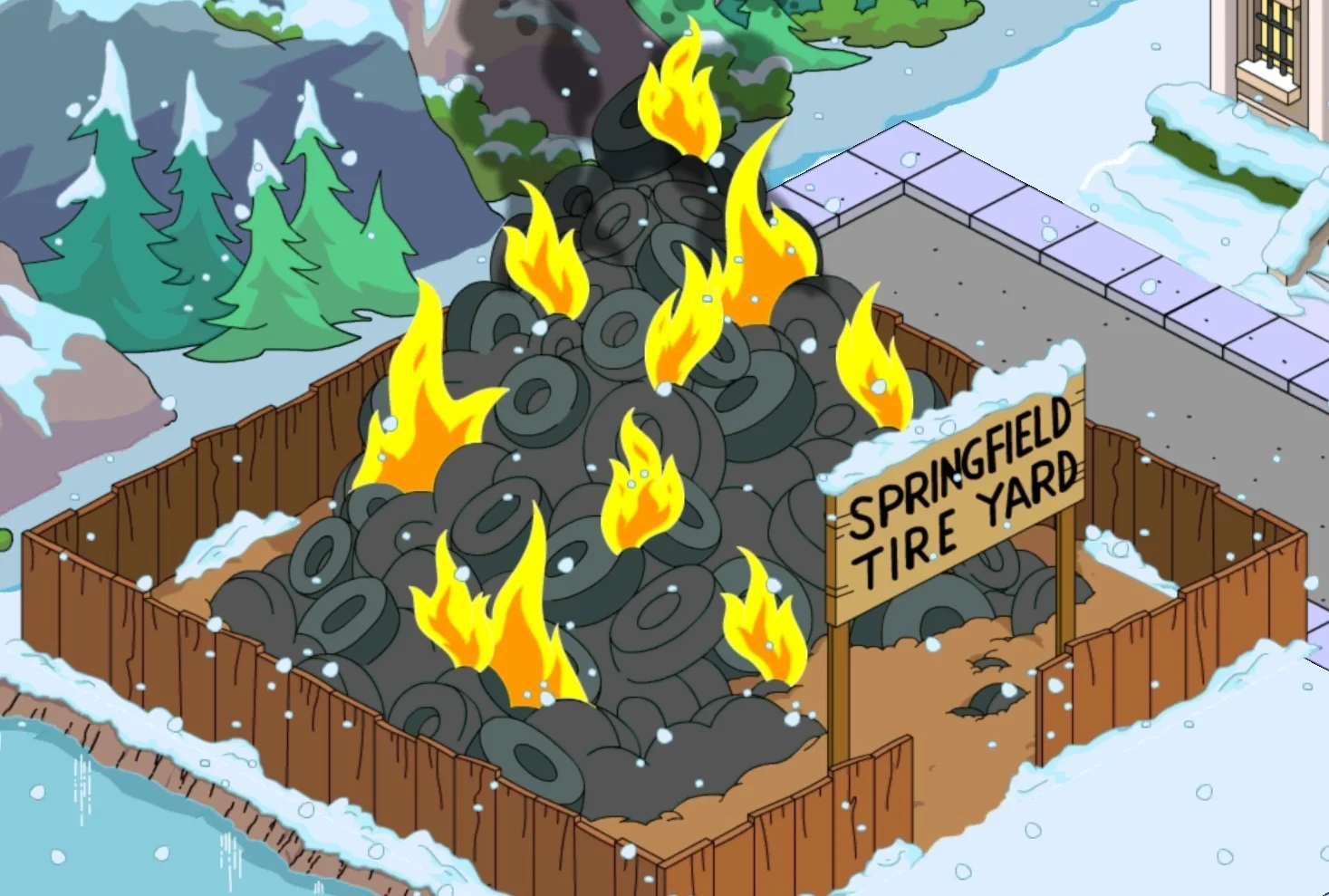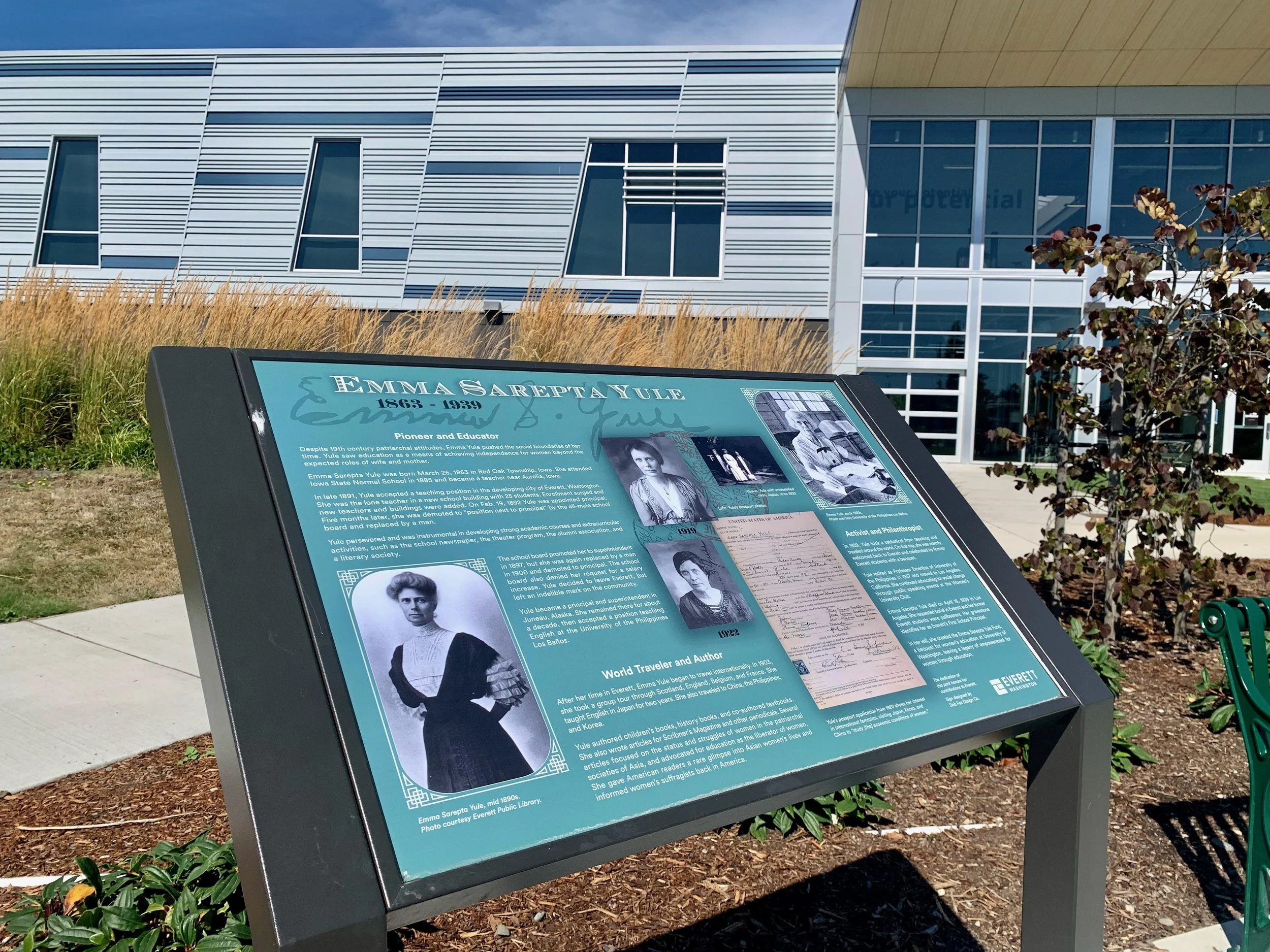Schack’s “Americans Interned” Humanizes the Inhumane
“Gaman” is a Japanese term of Zen Buddhist origin, which means enduring the seemingly unbearable with patience and dignity.
I was uncomfortable at the new exhibit at the Schack Art Center. I wasn’t emotionally prepared to see images of pregnant women and children in detainment centers on American soil.
Americans Interned is a new art show featuring 34 paintings. The body of work is a collaboration between Everett-based husband and wife duo Jan and Chris Hopkins. It’s personal: Jan’s parents met at a Japanese American detention center in Puyallup before being transferred to a camp in Minidoka, Idaho.
The art in Americans Interned also tells the stories of some of the 120,000 Japanese Americans who were sent to labor camps during WW2. It’s the story of the aftermath of Executive Order #9066 as played out in places that sound familiar— Bothell, Bainbridge Island, Seattle, Kent, and Spokane.
The exhibit is equal parts beautiful and unsettling.
Jan and Chris Hopkins are the 2018 Artists of the Year for the Schack Art Center. The Americans Interned exhibit (downstairs) coincides with a retrospective of their work, displayed upstairs in the mezzanine of the gallery.
Jan is a mixed media fiber artist who creates sculptures and tapestries.
Chris Hopkins worked for many years as a movie poster designer in Hollywood. You’ve probably seen his art before. He’s painted promotional posters for the Indiana Jones and Star Wars franchises.
Indeed, his paintings at the Americans Interned exhibit have a cinematic quality— the lighting, the framing of the subjects, the way the image of an abandoned suitcase filled with children’s toys conveys an entire plot.
Many of the paintings are simply portraits of people who were detained. The unadorned human biography is potent. You understand what these people had been through, and you realize that they were real people, not just names in a history book.
The Hopkins humanize the inhumane.
The most moving moment for me in the exhibit was encountering a life-sized diorama depicting the living quarters of Japanese Americans during detention.
Picture a cot with a straw mattress. Above the cot was a simple line of baling twine. On the twine were hung young girls’ dresses, clothespinned up to dry. Attached to each of the dresses was a small paper tag that said “TO BE RETURNED BY PERSON TO WHOM ISSUED.”
These paper tags helped track personal belongings during and after the “relocation effort.”
TO BE RETURNED BY PERSON TO WHOM ISSUED. The passivity of the wording, the vagueness of the noun... I know what this type of language means. It’s the language of distancing, of regimented order, of separating the subject of the sentence from the speaker of the sentence. It’s the language of dehumanization and obfuscation.
The exhibit is full of this euphemistic language. I learned that the Puyallup Fairgrounds, a temporary “relocation center” during WW2, was called “Camp Harmony.” What the detainment of 7,390 Americans has to do with “harmony” is unclear.
The exhibit, for me, was cautionary: a reminder that words can be used to justify actions which the psyche can’t fully accept on rational terms.
As heavy as the subject of this exhibition was, I think people should see it. I think you should see it. Maybe you should tell your friends to see it. There’s a lesson here that we can’t afford to look away from, given the current news cycles.
If you go be prepared to be affected. It took me almost 48 hours to shake off the vibes from visiting this chapter of American history. It got me.
Jan and Chris Hopkins’ Americans Interned is a deeply uncomfortable reminder of how much further we have to go as a nation before all people are treated equally.
READ MORE ABOUT THE SCHACK HERE.
AMERICAN INTERNED: A FAMILY’S STORY OF SOCIAL INJUSTICE
June 14 – September 1
Main Gallery
2921 Hoyt Avenue
Everett, WA 98201
(425) 259-5050
Saturday: 10 AM–5 PM
Sunday- Monday: 12–5 PM
Tuesday-Friday: 10 AM–6 PM
Richard Porter is a writer for Live in Everett.







